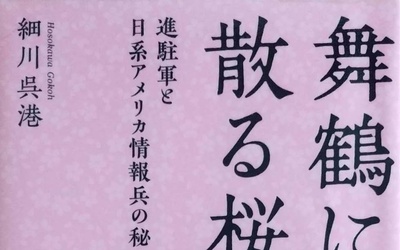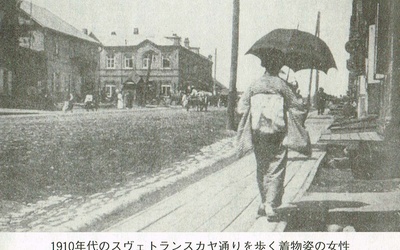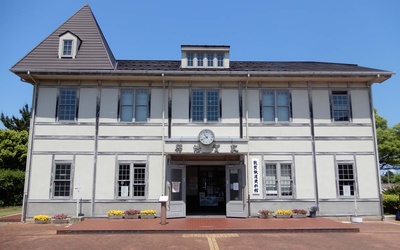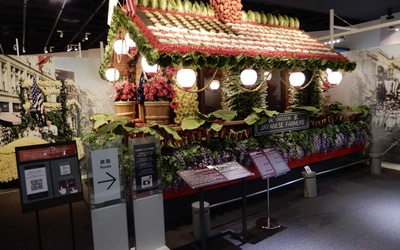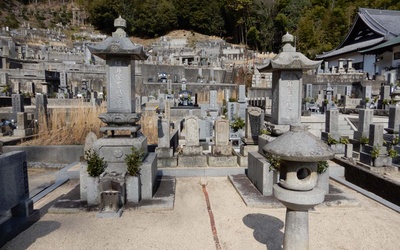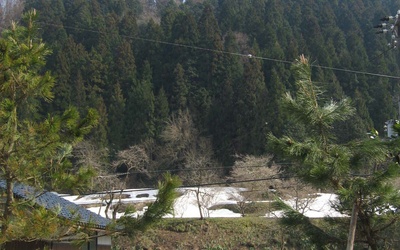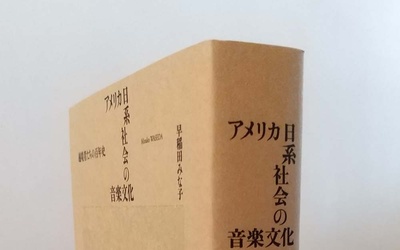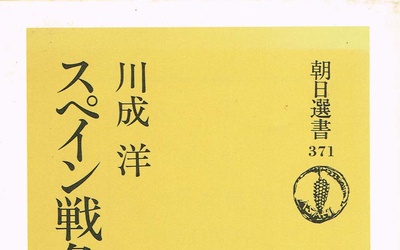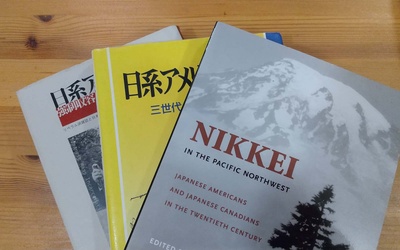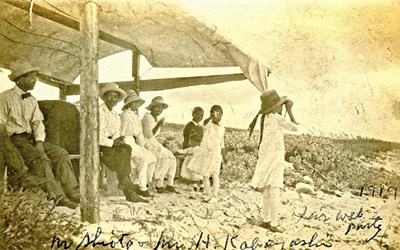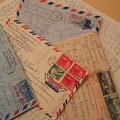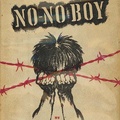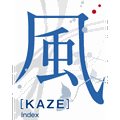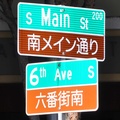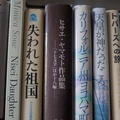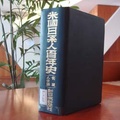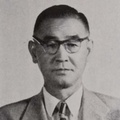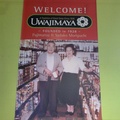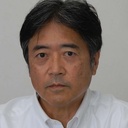
Ryusuke Kawai
@ryusukekawaiJournalist and non-fiction writer. Born in Kanagawa Prefecture. Graduated from the Faculty of Law at Keio University, he worked as a reporter for the Mainichi Shimbun before going independent. His books include "Yamato Colony: The Men Who Left Japan in Florida" (Shunpousha). He translated the monumental work of Japanese American literature, "No-No Boy" (Shunpousha). The English version of "Yamato Colony," won the 2021 Harry T. and Harriette V. Moore Award for the best book on ethnic groups or social issues from the Florida Historical Society.
(Updated November 2021)
Stories from This Author
Vol. 10 Maizuru, Cherry Blossoms, and Japanese American Soldiers
June 24, 2022 • Ryusuke Kawai
Sometime last year, I was in the non-fiction section of a bookstore when I came across a book called "Sakura Falling in Maizuru" (by Hosokawa Goko, Asuka Shinsha, published in 2020) that caught my eye because the subtitle read "The Secrets of the Occupation Army and Japanese American Intelligence Soldiers." Maizuru (Kyoto Prefecture) is a port town facing the Sea of Japan, and is known as the gateway to Japan for Japanese soldiers and civilians who crossed the Sea of …
Part 9: Vladivostok, the Japanese Footprints
June 10, 2022 • Ryusuke Kawai
The closest European country to Japan In the previous article (No. 8) , we mentioned the Japanese settlement that was formed in Vladivostok, a port city in Russia's Far East, from the Meiji period through to the early Showa period. Apart from this historical fact, in recent years Vladivostok has also been attracting attention from Japan as a tourist destination. Upon further investigation, I found several websites introducing the attractions of Vladivostok. Among them, the YouTube channel " Vladivostok Channel …
Part 8: Vladivostok, the footsteps of Japanese
May 27, 2022 • Ryusuke Kawai
The relationship between Japan and Russia has worsened since Russia invaded Ukraine in February this year, and the places and people associated with the history of Japan and Russia must be feeling complicated. This occurred to me while on a reporting trip along the coastline of the Hokuriku region recently. The trip started in Niigata City and we drove along the coastline of Toyama, Ishikawa, and Fukui. On the way, we went around the Noto Peninsula and visited Rokkozaki at …
No. 7: Yokohama Overseas Migration Museum, Renewal
May 13, 2022 • Ryusuke Kawai
A clue to understanding immigration and Nikkei The JICA Yokohama Overseas Migration Museum, known as a unique institution that exhibits materials related to migration and immigration, has recently reopened after renovation. The basic exhibits remain the same as before, introducing the history of immigrants who moved to North and South America from the Meiji era onwards, as well as the actual work and life conditions in their new homes. However, the use of images and videos has made the exhibits …
Part 6: Searching for Roots - Texas and Fukuyama Edition -
April 22, 2022 • Ryusuke Kawai
Before the war, Japanese immigrants to America were generally employed as laborers in states on the West Coast. However, looking across the country, there were also rare cases of Japanese immigrants who were self-employed, such as in the form of settlement businesses. One of these was the Yamato Colony, established in southern Florida at the beginning of the 20th century, but looking at states individually, the most active settlement project was in Texas, also in the south. Before the Russo-Japanese …
Part 5: Searching for Roots - Florida and Hyogo
April 8, 2022 • Ryusuke Kawai
When I interview Japanese Americans, I always want to ask them questions like, "Do you know where your roots are in Japan?" or, "Which part of Japan are your roots?" This is because I think that if I were born in America as a Japanese American, at some point I would want to know where my roots are. For Japanese people, even if you trace back history as far as you can, it is natural that their roots are somewhere …
Part 4: "Japanese-Americans" and Music Culture
March 25, 2022 • Ryusuke Kawai
What is Nikkei? There are many themes that can make you think about this, such as politics, economics, sports, and food culture, but what will become clear if you focus on music? The answer to such an intriguing question emerges from the book "Music Culture of American Nikkei Society: A Hundred Years of Border Crossers" (Kyokubun) recently published by Professor Waseda Minako of the National College of Music, who has been researching this field for many years, a field that …
Vol. 3: Jack Shirai and the Volunteer Soldier
March 11, 2022 • Ryusuke Kawai
Volunteering for the Foreign Legion An event bigger than the COVID-19 news that is reported almost every day on the front pages has occurred: Russia's invasion of Ukraine. Some media outlets have described it as a "war," but this is a one-sided invasion and a genocide against the local people. Since Russia invaded Ukraine on February 24, most of the world's public opinion has condemned Russia and offered various forms of support to Ukraine, including through nation-states, NGOs, and individuals, …
Part 2: What is Nikkei?
Feb. 25, 2022 • Ryusuke Kawai
The purpose of this column is to write about various things related to "Nikkei," or in other words, to touch on various things with "Nikkei" as a keyword. To be honest, I thought it would be easier to write if I kept the topic range as broad as possible, but before I start, I want to think about what "Nikkei" is in the first place. Given that the website is called Discover Nikkei, one can imagine that "Nikkei" is a …
Part 1: Me and "Japanese"
Feb. 11, 2022 • Ryusuke Kawai
What is Nikkei? I was born and raised in Kanagawa Prefecture, and when I think back, I first became aware of the term "Nikkei" when I was a student. The exchange student from the United States who taught me English was of Japanese descent. At the time, I first recognized him as a so-called half-Japanese person, and didn't pay much attention to the fact that he was Nikkei. After that, I became a reporter for the Mainichi Shimbun and worked …

